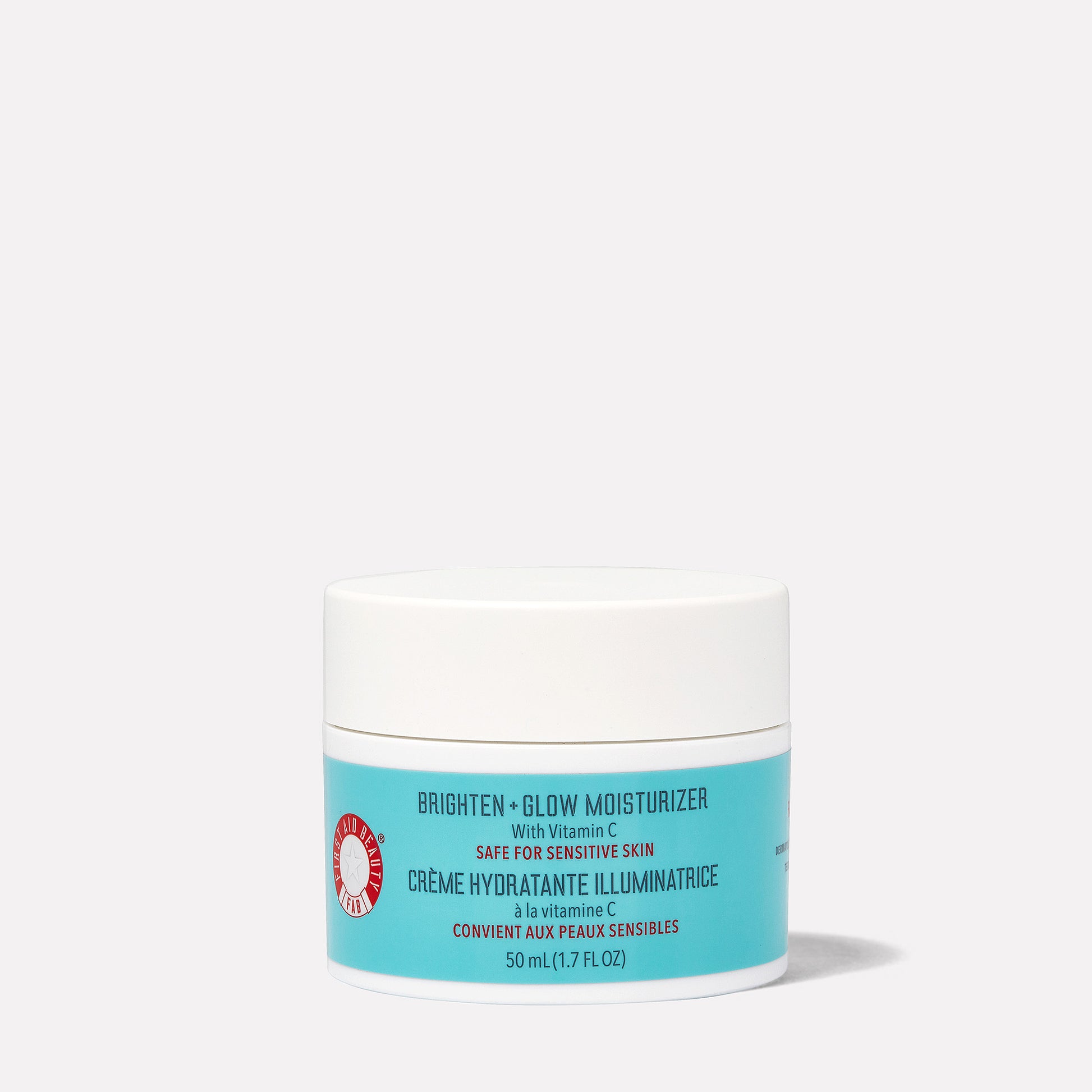Insightful Bytes
Your daily dose of informative news and inspiring insights.
Moisturizer Madness: Why Your Skin is Thirstier Than You Think
Unlock the secrets to hydrated skin! Discover why your moisturizer isn't enough and how to quench your skin's thirst for good.
The Science Behind Skin Hydration: What Your Moisturizer Really Does
Understanding skin hydration involves delving into the complex interplay of various skin layers and moisture retention mechanisms. The outermost layer, the stratum corneum, plays a pivotal role in maintaining skin moisture levels. It acts as a protective barrier, safeguarding against environmental aggressors and preventing transepidermal water loss (TEWL). Your moisturizer is designed to enhance this barrier by providing essential humectants, emollients, and occlusives that work together to lock in moisture and keep your skin supple.
Moisturizers primarily contain three types of ingredients: humectants, which attract water from the environment and deeper skin layers; emollients, which smooth the skin's surface; and occlusives, which create a protective layer that seals in moisture. Each ingredient serves a specific purpose, crucial for effective skin hydration. By selecting a moisturizer that combines these elements, you can significantly improve your skin's hydration levels and overall appearance, promoting a more radiant and youthful complexion.

Common Mistakes That Leave Your Skin Thirsty: Are You Doing It Right?
Keeping your skin hydrated is essential, yet many people unknowingly make common mistakes that leave their skin feeling thirsty. One major error is skipping moisturizer after cleansing, as this vital step helps to lock in moisture and create a barrier against environmental stresses. Additionally, using hot water during showers can strip your skin of its natural oils, leading to dryness. Instead, it's better to opt for lukewarm water and limit your shower time to maintain your skin's hydration levels.
Another mistake that contributes to thirsty skin is neglecting to drink enough water throughout the day. Staying hydrated internally is just as important as applying topical products. Aim for at least eight glasses of water daily to keep your skin plump and radiant. Also, beware of over-exfoliating, as this can compromise your skin's protective layer. Instead, focus on a balanced skincare routine that includes gentle exfoliation to remove dead skin cells without causing damage.
Is Your Skin Crying for Help? Signs You Need to Hydrate More
When it comes to skin health, hydration is key. If you've been noticing a dull complexion, flakiness, or even tightness, these are strong indicators that your skin is crying for help. Skin that lacks moisture can also become more prone to irritation and inflammation. To help you assess your skin’s condition, look for the following signs:
- Dullness: A lack of radiance can signify dehydration.
- Dry patches: Flaky areas indicate that your skin barrier is compromised.
- Itchiness: Persistent itchiness can be a cry for hydration.
If your skin is exhibiting any of these symptoms, it's time to pay attention to your hydration levels. Drinking sufficient water and using a quality moisturizer can make a world of difference. Additionally, consider environmental factors that may be contributing to your skin's distress, such as dry climates or excessive air conditioning. By making a conscious effort to hydrate more, you can help restore your skin's natural glow and resilience.